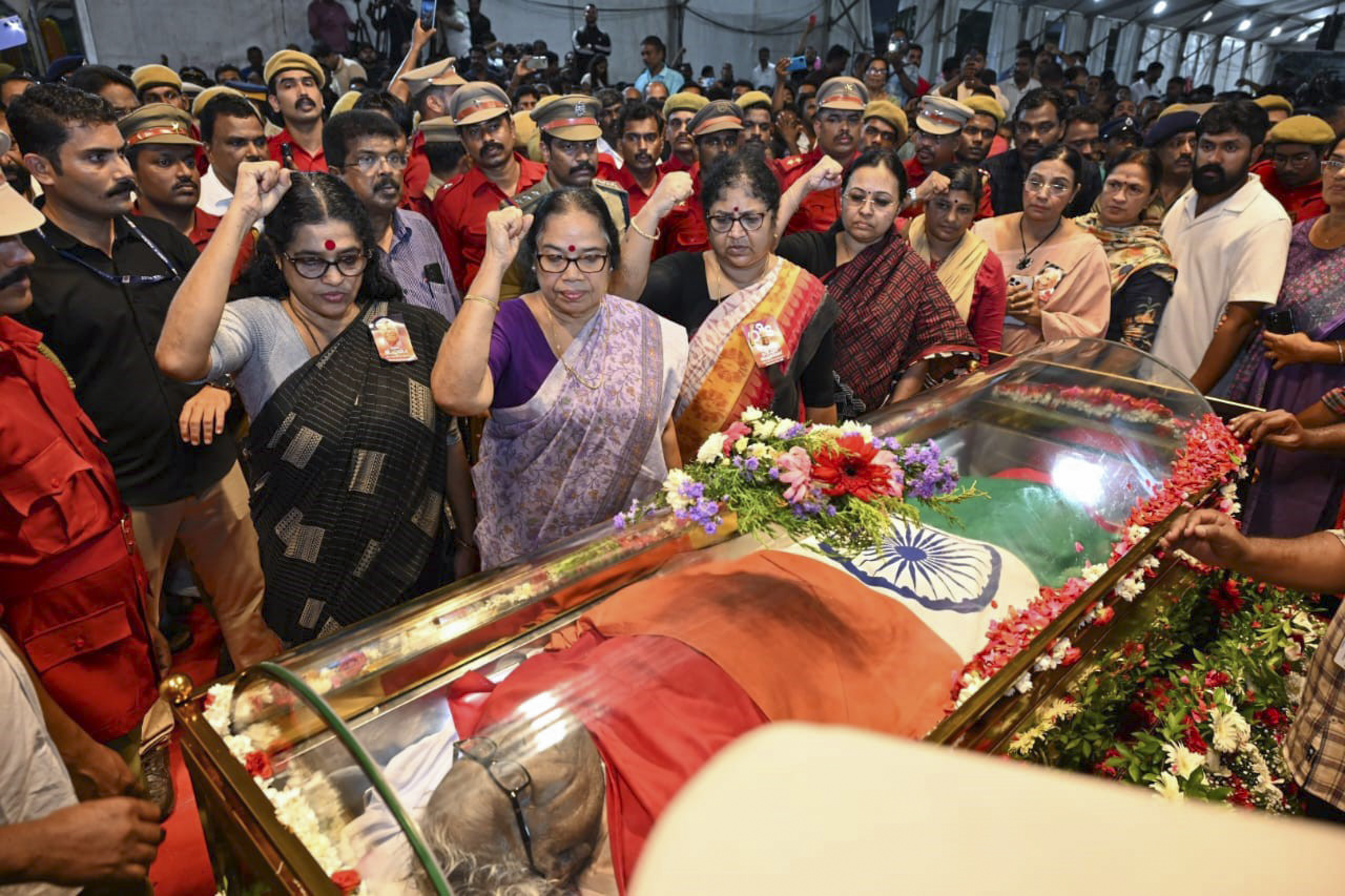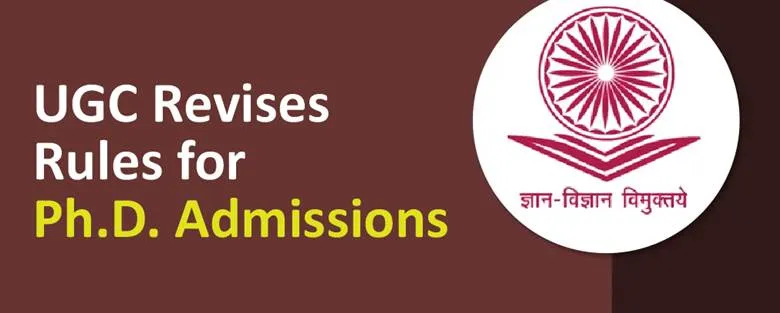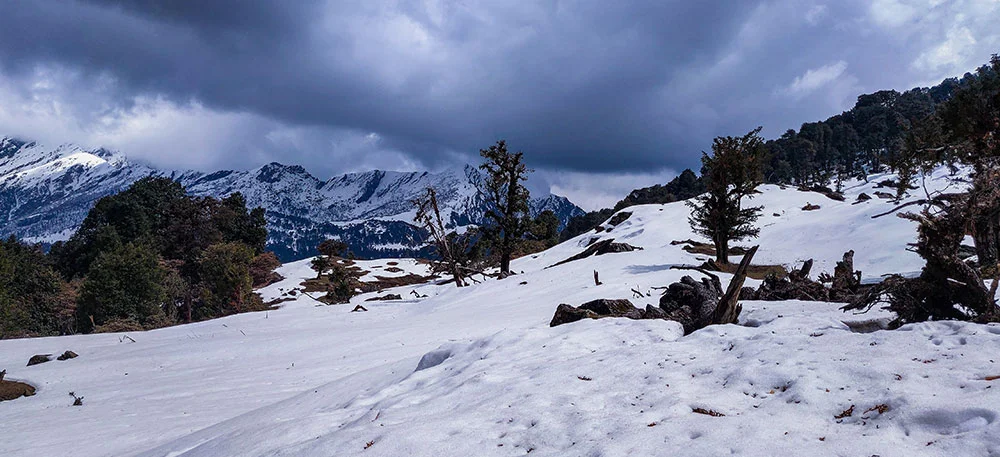JNU launches inaugural Indian Knowledge Systems conference featuring more than 100 research presentations
JNU Hosts Landmark Conference Celebrating Indian Knowledge Systems with Over 100 Research Presentations
In a transformative moment for Indian academia, Jawaharlal Nehru University (JNU) launched its inaugural Indian Knowledge Systems (IKS) Conference in July 2025, drawing scholars, students, policymakers, and cultural thinkers from across the country. Held over three days at the university’s New Delhi campus, the event featured over 100 academic presentations exploring India’s traditional knowledge across disciplines like mathematics, linguistics, medicine, literature, philosophy, environmental studies, and more. Designed as a platform to highlight India’s civilizational contributions to global thought, the conference marked a bold step towards mainstreaming indigenous intellectual traditions in contemporary academic discourse.
This first of its kind event was jointly organized by JNU’s Indian Knowledge Systems Centre and the newly formed IKS Heritage Alliance (IKSHA), in collaboration with national bodies such as the Indian Council of Historical Research (ICHR) and the Ministry of Education. The objective was clear to elevate traditional Indian knowledge beyond folklore or spiritualism, and present it instead as a rigorous, empirical, and evolving academic field. Over 600 research abstracts were submitted, and following peer review, more than 100 were selected for presentation spanning both ancient and modern interpretations of India’s knowledge legacy.
Inaugurating the conference, India’s Vice President addressed a packed auditorium, calling upon scholars to restore the nation's “intellectual sovereignty” by revisiting indigenous epistemologies that predate colonial frameworks. He emphasized the relevance of IKS in today’s globalized world, where ancient systems of sustainable living, Ayurveda, astronomy, and ethical governance offer alternatives to modern challenges. His remarks set the tone for a vibrant, intellectually charged event that balanced historical reverence with contemporary applicability. “India was a knowledge superpower long before modern universities existed,” he declared. “We must reclaim that narrative not just for pride, but for progress.”
Throughout the event, attendees witnessed a wide range of academic sessions covering classical texts like the Vedas and Upanishads, as well as scientific contributions found in Sanskrit manuscripts on metallurgy, architecture, and botany. One particularly impactful session explored how ancient Indian urban planning principles aligned with modern environmental sustainability models. Another panel analyzed indigenous pedagogical methods and compared them to current educational theories, drawing parallels in cognitive development, memory training, and ethics instruction. Presenters included emerging researchers alongside senior academics, encouraging mentorship and intergenerational dialogue on IKS subjects.
The cultural richness of the event was further amplified through curated exhibitions and artistic performances, including Vedic chanting, Sanskrit poetry recitations, and traditional musical showcases. These elements weren’t merely decorative they were woven into the academic structure of the conference, reinforcing the core principle that knowledge in Indian traditions is holistic, experiential, and lived. The idea was not just to speak about IKS, but to embody it, creating an immersive environment where intellect and culture complemented each other in meaningful ways. This approach was well received by participants, who praised the conference for offering both academic depth and cultural resonance.
A major focus of the conference was the alignment of Indian Knowledge Systems with the National Education Policy (NEP) 2020, which calls for greater integration of India’s heritage and culture into formal education. University administrators and policymakers convened in a special roundtable to discuss implementation pathways, curriculum development, and teacher training strategies. It was proposed that schools and colleges introduce interdisciplinary IKS modules, starting with pilot programs in history, science, and philosophy. The roundtable also addressed the challenge of translating ancient texts accurately while preserving their conceptual integrity, and the importance of using both Sanskrit and modern Indian languages in academic publishing.
The conference concluded with a strong call to action. In a powerful closing session, the organizers emphasized the need to build institutional infrastructure for sustained research in IKS fields. Recommendations included setting up dedicated research chairs, creating open access digital libraries of manuscripts, funding IKS journals, and encouraging cross border academic partnerships with universities in Southeast Asia, Africa, and the Middle East regions historically connected with Indian knowledge flows. As the delegates dispersed, the overwhelming sentiment was one of purpose and pride. JNU, once known predominantly for its political debates, had now carved out a fresh identity as a catalyst for reimagining India’s intellectual legacy in the 21st century.






 Budget 2025 Highlights
Budget 2025 Highlights  Season’s First Snowfall Covers Upper Himalayan Valleys
Season’s First Snowfall Covers Upper Himalayan Valleys  Citigroup sets mid 2026 MSCI ACWI target at 1,150, expecting 5% market growth
Citigroup sets mid 2026 MSCI ACWI target at 1,150, expecting 5% market growth  AI in Indian Classrooms
AI in Indian Classrooms  Scientists find ancient proteins in 24‑million‑year‑old rhino fossils reshaping evolution theory
Scientists find ancient proteins in 24‑million‑year‑old rhino fossils reshaping evolution theory